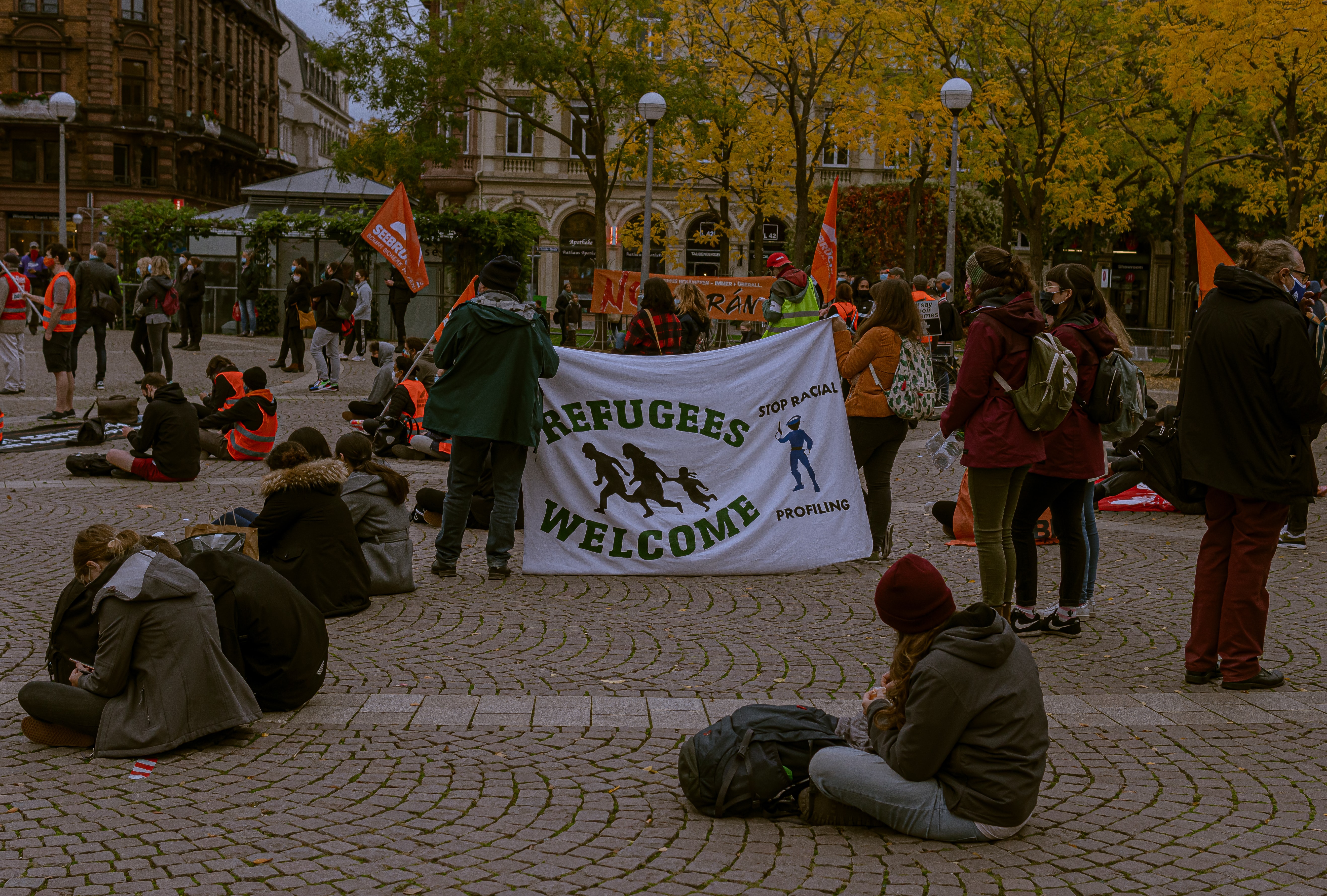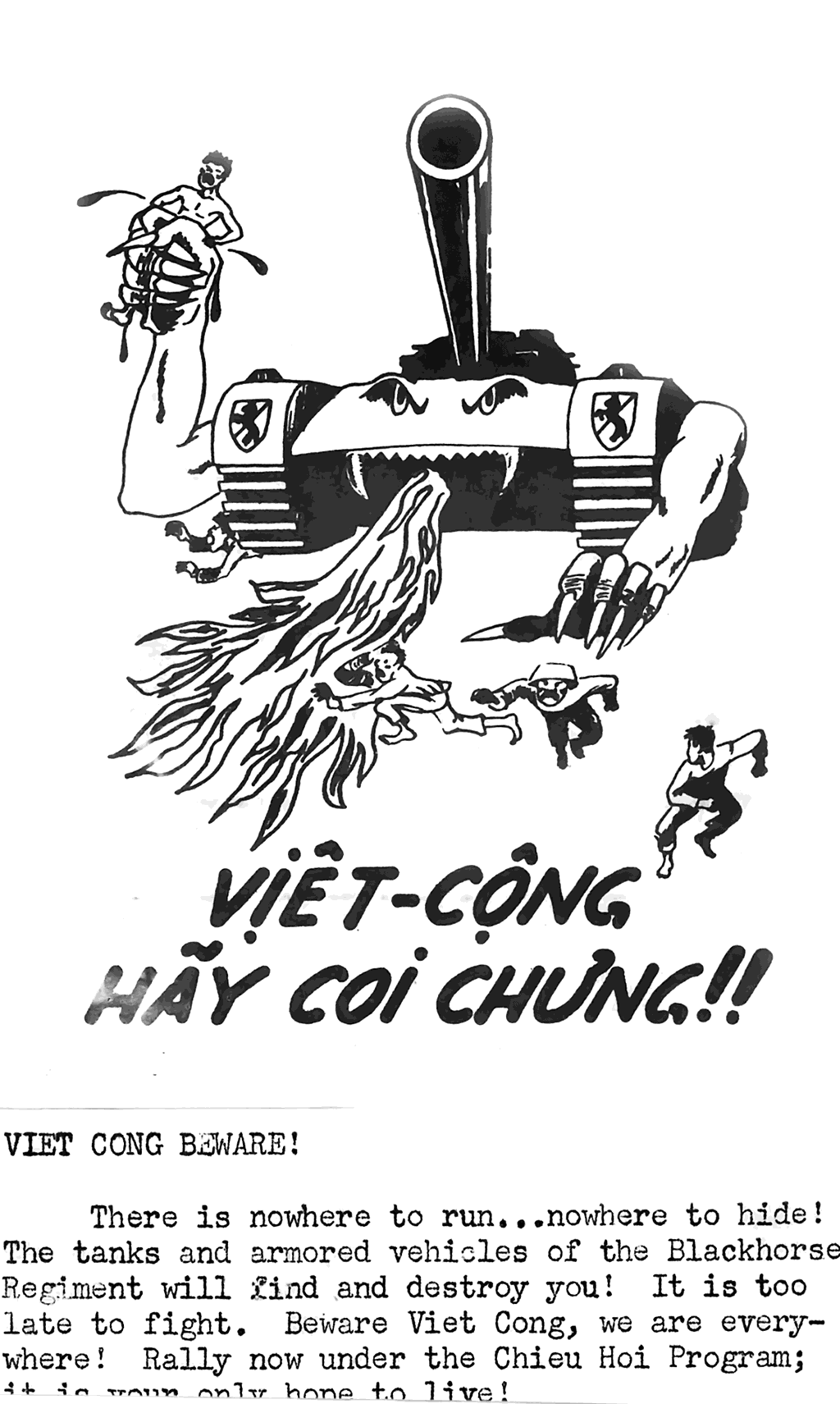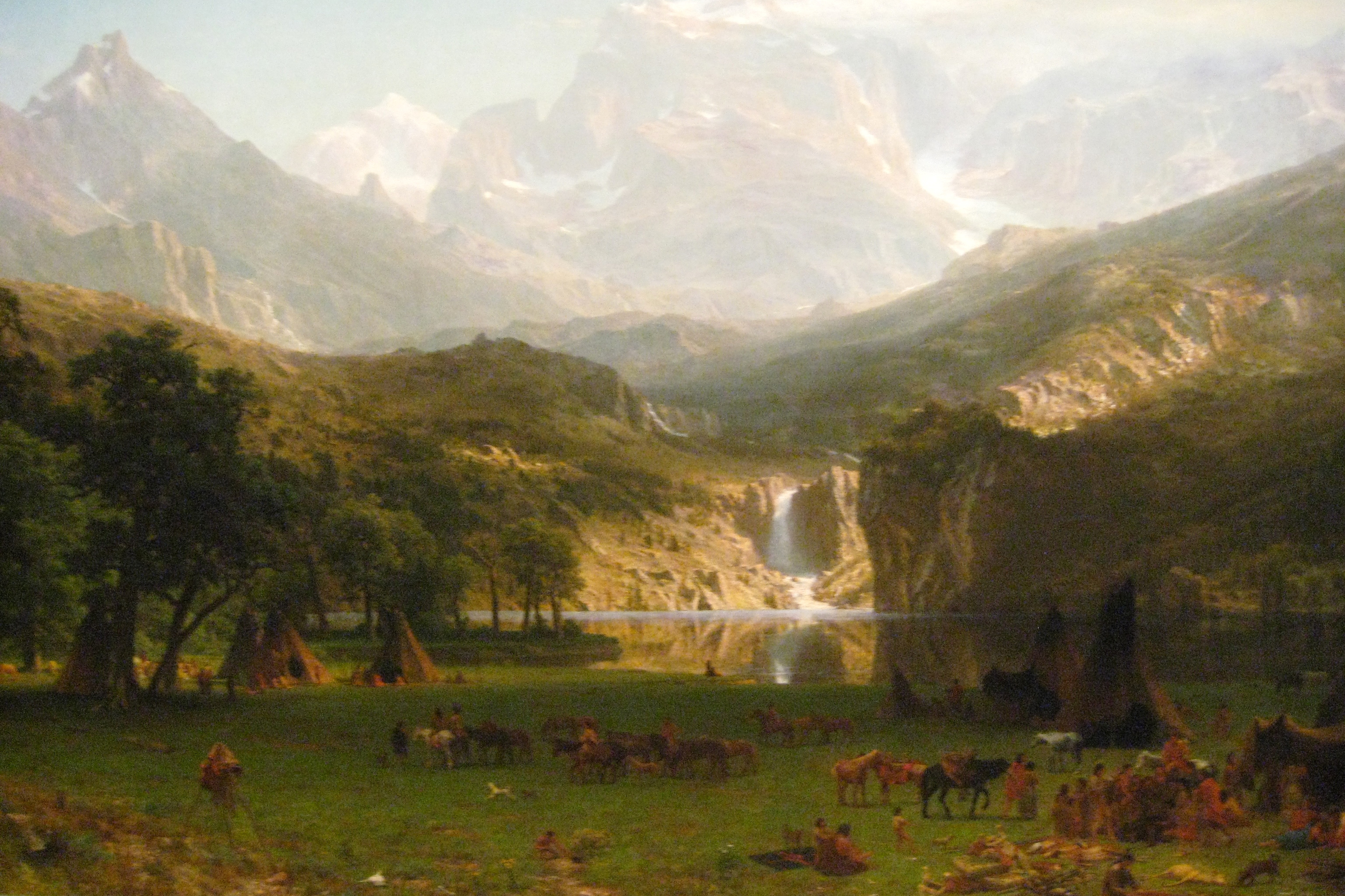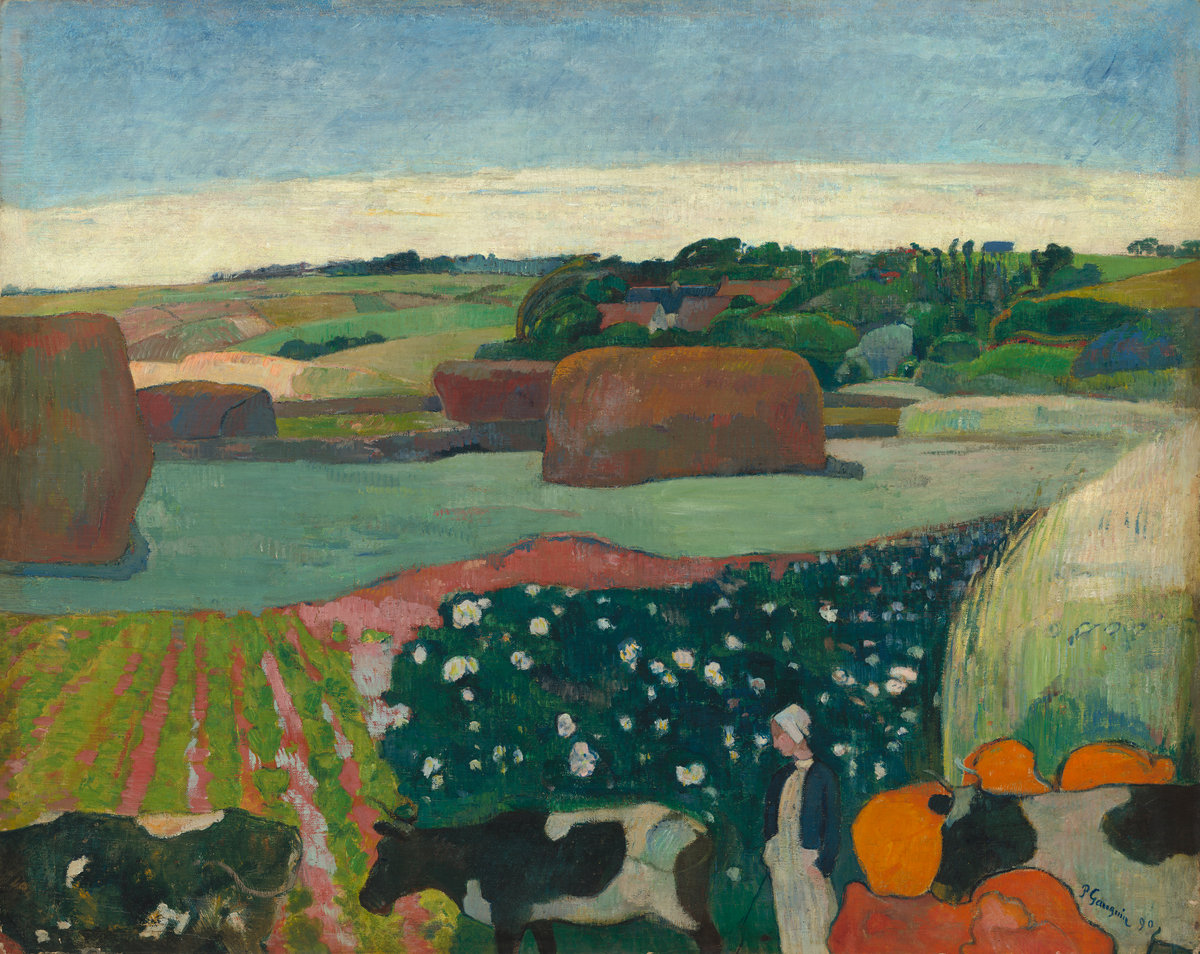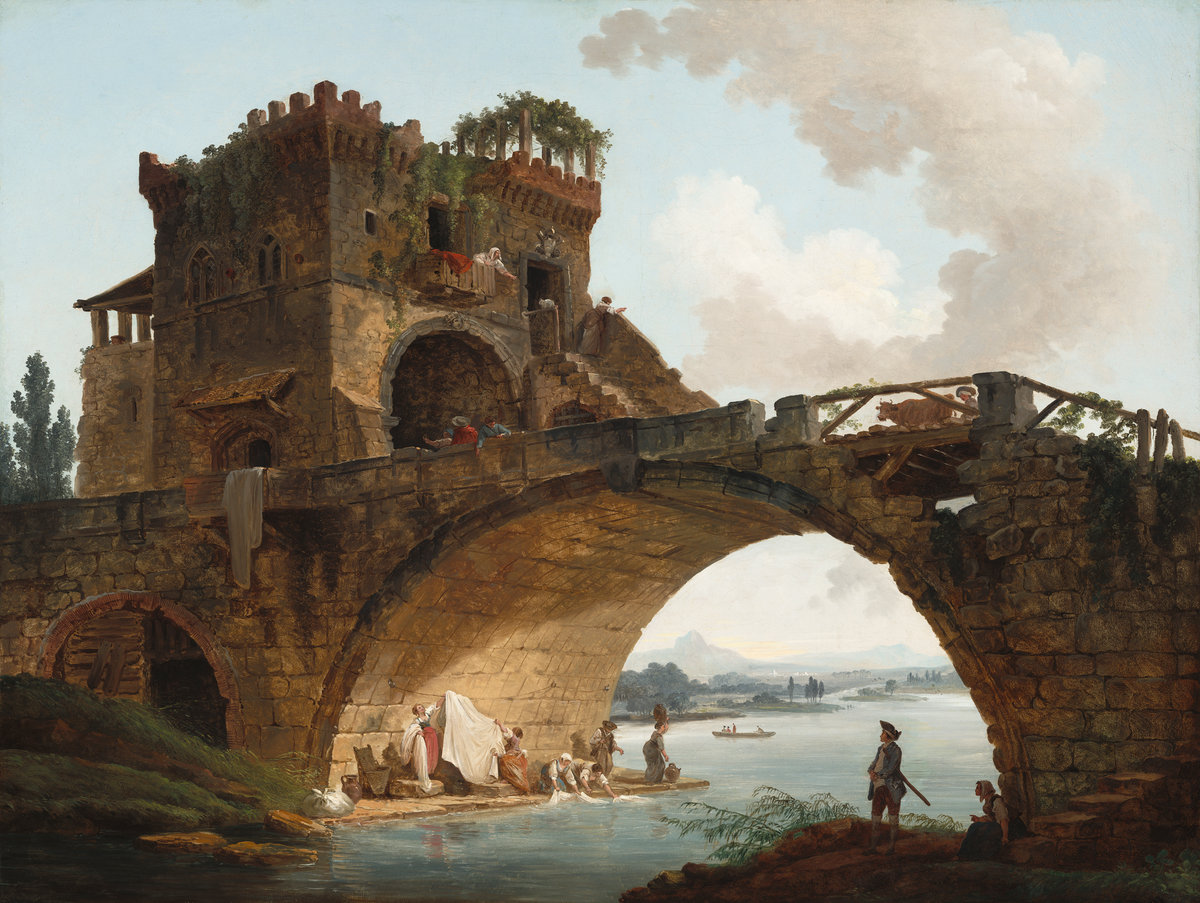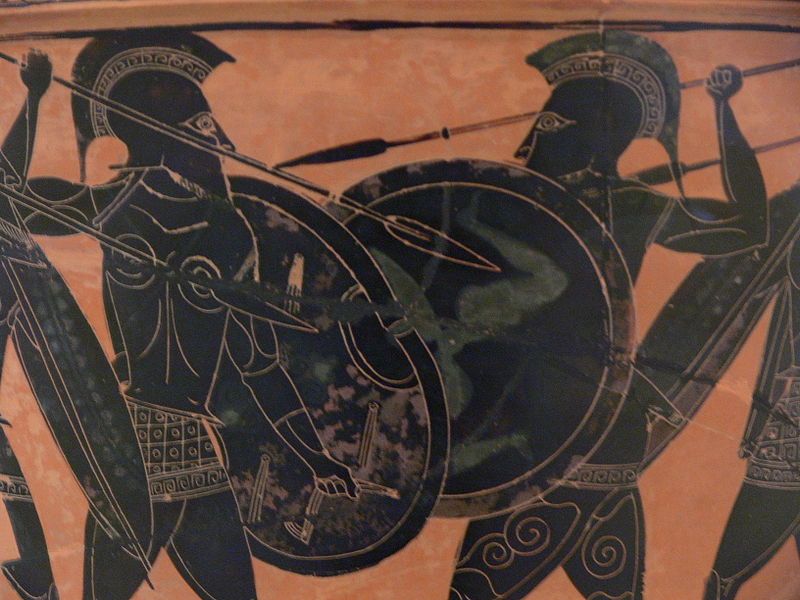Guest post by Burcu Pinar Alakoc
Political discourse around refugees and forced migration matters. Research shows that elite discourse can be powerful in setting the tone for broader public debates on issues like social integration, resettlement, and naturalization. As the numbers of forcibly displaced people grow at an alarming rate, so do discriminatory policies, xenophobic attitudes, and anti-refugee political rhetoric. Today, many populist leaders oppose refugee and immigrant communities on the grounds that they constitute threats to national security, culture, and economic well-being, as highlighted in recent comments by politicians like Alexander Gauland, Victor Orban, Alexander Lukashenko, and Donald Trump.
A different, but complex, dynamic took place in Turkey in response to the Syrian civil war. Following the outbreak of the war in March 2011, Turkey initially adopted an open-door policy, and has since admitted more than 3.5 million Syrian refugees, the highest number of refugees hosted by any single country. Referring to them as “guests,” the Turkish government placed Syrian refugees under a temporary protection regime, which granted them access to a number of public services like education and healthcare. Furthermore, a pro-refugee political discourse emerged centered around three main themes: humanitarianism, common religion, and economic contributions.
As Turkey continued to shoulder the brunt of the refugee crisis over several years, anti-refugee sentiment was running high across the country. In July 2016, when it was announced that Syrian refugees could eventually be given citizenship, the issue became a trending topic on Twitter as thousands of Turkish citizens voiced their concerns with the hashtag, “#I don’t want Syrians in my country.” As incidents of violence flared up in cities with large refugee populations, it became clear that public discourse and attitudes toward Syrian refugees had diverged significantly from the dominant political discourse. What can we learn from the Turkish case about public attitudes toward refugees, and specifically, what explains this gap between political discourse and public attitudes?
We addressed these questions in our recent study conducted in 2018–19, seven years into the refugee crisis in Turkey when Syrian refugees had surpassed 3 million and the dominant political discourse was still largely positive. Based on 85 in-depth interviews with Turkish citizens across four provinces with varying numbers of refugees, our analysis showed that in the face of continued crisis and consistent flows of refugees, combined with growing economic hardship and inequality among Turkish citizens, pro-refugee discourse by political elites had become insufficient to sustain positive attitudes.
Compassion Fatigue Replaces Humanitarianism
A majority of respondents acknowledged the importance of humanitarian values, and the difference that compassion could make in the lives of vulnerable people fleeing war. However, support for humanitarianism did not always translate into enduring support for refugees. For many people we spoke with, humanitarianism turned into compassion fatigue as time went on. This emanated from two factors. First, many Turkish people believed that Syrian refugees were allotted certain privileges by the government, such as differential healthcare access or tax exemptions, that locals were allegedly denied. Second, there were widespread concerns over cultural incompatibility between the two groups, which supports the broader literature showing that sociotropic concerns regarding the cultural impacts of immigrants influence public attitudes.
Shared Religion Isn’t Necessarily Unifying
Even though Turkey is predominantly a Muslim country with a conservative government, the notion of shared religion between locals and refugees was not as pronounced as one might expect. While some respondents considered religious identity a unifying element, others referenced it to amplify differences between groups, specifically by highlighting disparities in religious practices or religiosity. Importantly, those respondents who self-identified as devout were the ones who used religious justifications in particularly polarizing ways. These findings show that even in the presence of religious affinity, citizens’ attitudes toward immigrants can vary based on the latter’s perceived level of commitment to religious practices.
Perceived Economic Costs Overshadow Potential Benefits
Finally, while some of our respondents acknowledged potential economic benefits alongside perceived costs of refugees, the overall consensus tilted toward a rather pessimistic outlook. Many people thought that hosting large numbers of refugees was a burden for the domestic economy, and that economic costs would continue to significantly outweigh benefits into the future, though justifications for this conclusion varied. Our findings show that both personal economic interests and citizens’ perceptions about how their country’s economy would be impacted are important in shaping attitudes.
Where Do We Go From Here?
Each year, the International Crisis Group issues a report identifying the worst conflicts looming in the year to come. Stretching from Afghanistan to Ukraine, many of these crises are marked by persistent instability, multiple security threats, and high levels of violence. One consequence that is common to nearly all of them is that people are forced to flee their homes in higher numbers than ever. Whether they are internally or externally displaced, these vulnerable groups need, not only access to public services and resources in host societies, but also their continued solidarity and support.
Our study shows that there is a risk of public attitudes deteriorating over time as conflicts protract and temporary guests turn into permanent residents, particularly when local communities face growing economic hardship and inequality. However, this does not mean that social integration is necessarily out of reach. Some respondents acknowledged humanitarian values without referring to limitations, recounted the importance of cultural diversity, and noted the opportunities that refugees would create for the local economy. Future research in this area can help us understand whether and how public attitudes remain positive over time, when public attitudes change from positive to negative in different contexts, and under what conditions successful integration can be possible.
Burcu Pinar Alakoc is an associate instructional professor in the Committee on International Relations at the University of Chicago.

